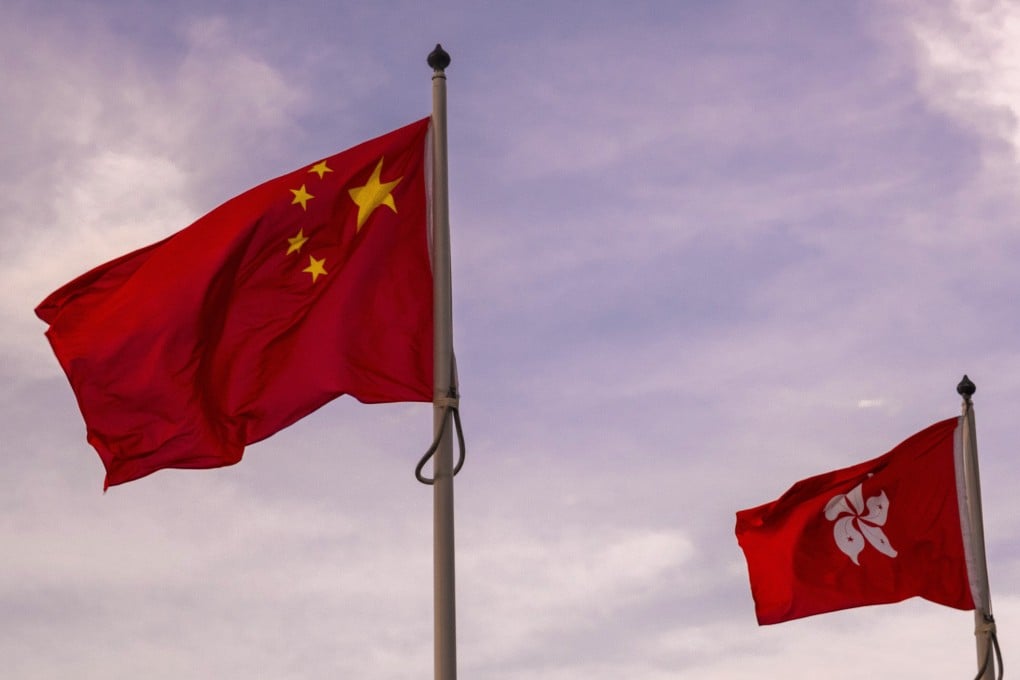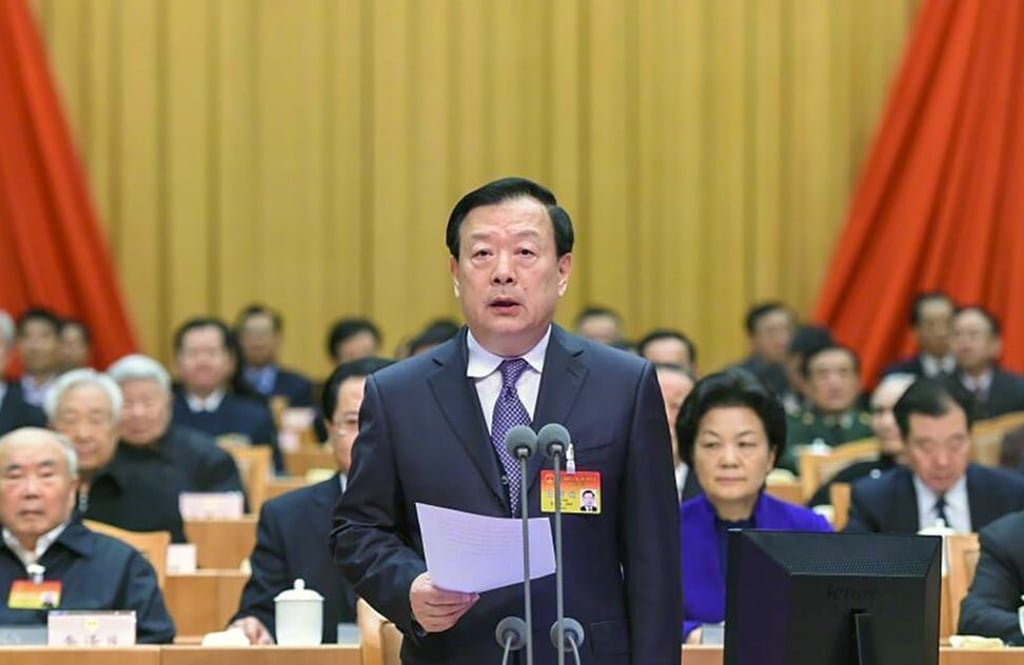Top Beijing official overseeing Hong Kong declares ‘patriots’ must hold key roles in city’s executive, judiciary, legislature and statutory bodies
- Xia Baolong expands on principle of ‘patriots ruling Hong Kong’ as he sets out fundamental administrative, electoral reforms for the city
- Key posts must never be occupied by anyone who is against China and disrupts the city, says head of Hong Kong and Macau Affairs Office

Hong Kong’s administrative and electoral systems must undergo a fundamental revision to ensure only “patriots” hold key positions in all three branches of government – the executive, legislature and judiciary – as well as statutory bodies, the top Beijing official in charge of the city’s affairs declared on Monday.
Detailing the central government’s instructions for implementing the core principle of “patriots governing Hong Kong”, Xia Baolong made clear there was no place in the city’s administration for anti-China elements and those who sought to cause chaos.
The head of the State Council’s Hong Kong and Macau Affairs Office stressed the unprecedented reforms, which would mark the most significant restructuring of the political and administrative systems of the city since its 1997 handover to Chinese sovereignty, would be led by the central government.

“Key posts under every circumstances must not be taken up by anyone ‘who goes against China and disrupts Hong Kong’,” Xia said, referring to posts in the executive, legislative and judicial bodies, as well as appointments to important statutory bodies.
“Those who stand in opposition to patriots are destroyers of the ‘one country, two systems’ principle and they should not be allowed to take a share of the Hong Kong special administrative region’s political power. Not now, not ever.”
While local government and pro-establishment politicians were swift to fully accept Xia’s directives, opposition activists and some commentators accused Beijing of attempting to further stack the city’s elections with loyalists and using the definition of patriots to suit its own agenda.